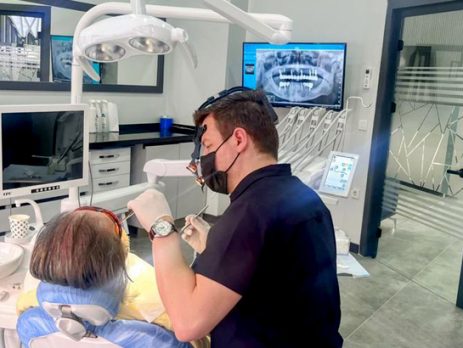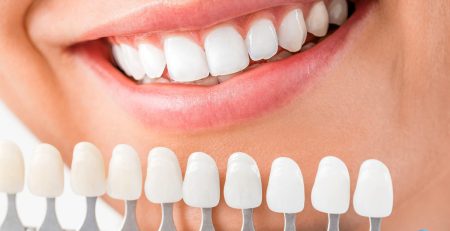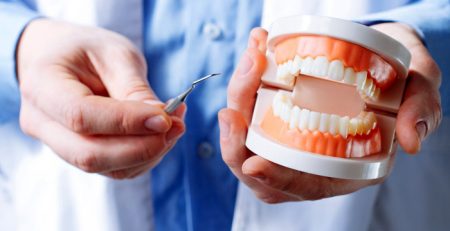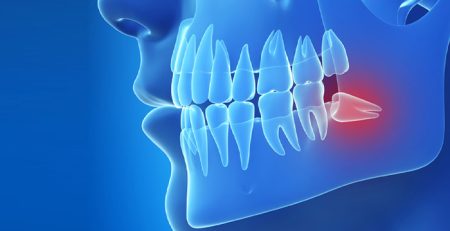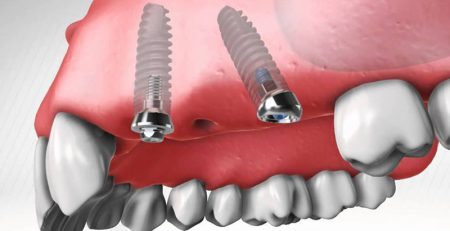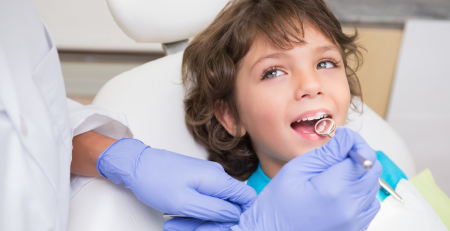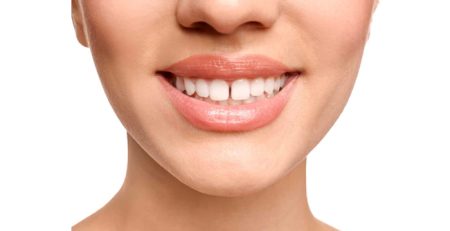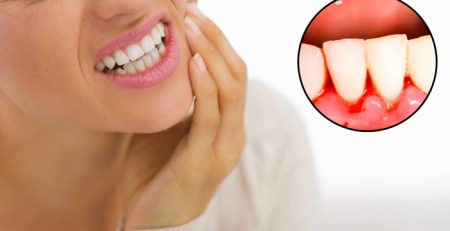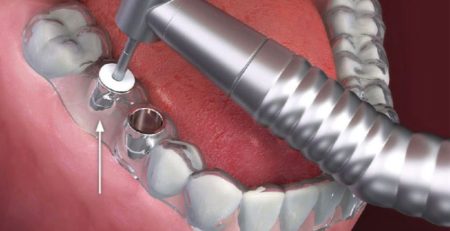The Importance of Dental Care and Checkups for a Healthy Smile
The Importance of Dental Care and Checkups for a Healthy Smile
Smiling is one of the most powerful tools in human communication. An aesthetically pleasing smile boosts confidence and strengthens social relationships. However, a healthy smile requires not only white and straight teeth, but also healthy gums, a clean mouth, and strong dental structure. The key to this lies in regular dental care and professional checkups.
1. Importance of Dental Care
1.1 The Link Between Oral and General Health
– Periodontal diseases (gum diseases) are linked to cardiovascular conditions.
– Oral bacteria can spread through the bloodstream, causing systemic infections.
– Diabetes hinders wound healing in the mouth, while poor oral hygiene makes blood sugar control harder.
– Poor oral health during pregnancy can increase the risk of preterm birth and low birth weight.
1.2 Aesthetic and Psychological Effects
– Bright and straight teeth create a positive impression in social relationships.
– Cavities, bad breath, and tartar negatively affect self-confidence.
– A healthy smile enhances a person’s self-esteem.
2. Daily Oral Care Routines
2.1 Brushing
– Teeth should be brushed at least twice a day, after breakfast and before bedtime.
Toothbrush selection: Medium bristles, small head, rounded tips.
Brushing duration: At least 2 minutes.
Technique: At a 45-degree angle starting from the gum line, using sweeping motions from top to bottom (for upper teeth) and bottom to top (for lower teeth).
2.2 Flossing
– Should be done at least once a day.
– Removes plaque and food particles between teeth where brushes can’t reach.
– Helps prevent gum bleeding and gum disease.
2.3 Mouthwash
– Antiseptic-based rinses (e.g. with chlorhexidine) reduce bacteria.
– Fluoride mouthwashes can help prevent cavities.
– Long-term use may cause taste disorders or staining; consult a dentist before regular use.
3. Oral Care Products and Their Ingredients
3.1 Toothpaste
Fluoride content: Protects against cavities. Should contain at least 1000 ppm fluoride.
Whitening agents: Includes substances like baking soda and hydrogen peroxide. Overuse may erode enamel.
Desensitizing agents: Potassium nitrate-based formulas are suitable for sensitive teeth.
3.2 Toothbrush
Manual brushes: Effective when used with proper technique.
Electric brushes: More effective at removing plaque. Ideal for those with limited motor skills.
Should be replaced every 3 months or when bristles are worn.
3.3 Types of Dental Floss
Waxed floss: Slides more easily, ideal for tight spaces.
Unwaxed floss: More effective at cleaning but harder to use.
Spongy floss: Ideal for special structures like bridges and implants.
4. Common Dental Care Mistakes
– Brushing too hard → Can erode enamel and cause gum recession.
– Using a toothbrush for too long → Bacteria accumulates, making it ineffective.
– Not flossing → Plaque continues to build up.
– Overusing mouthwash → May destroy beneficial oral flora.
– Consuming acidic drinks right after brushing → Can damage enamel.
5. Age-Specific Dental Care
5.1 Infants and Children
Cleaning should begin when the first tooth appears.
– In babies, teeth can be wiped with a damp cloth.
– After age 2, child-friendly toothpaste can be used.
– Sugary pacifiers and night milk can lead to “baby bottle tooth decay.”
5.2 Teenagers
– Oral hygiene becomes more important during orthodontic treatment.
– Mouthguards are recommended for sporty teens.
– Avoid carbonated and energy drinks.
5.3 Adults
– Risk of gum disease and cavities increases.
– Brushing twice daily, flossing, and using interdental brushes if needed is advised.
– Smoking and alcohol increase the risk of oral cancer.
5.4 Elderly
– Tooth loss and denture use are common.
– Dentures should be brushed daily and cleaned with special cleansers.
– Dry mouth from medications can raise the risk of cavities.
6. Professional Dental Care
6.1 Dental Checkups
– Dental visits are recommended at least twice a year.
– Early diagnosis allows easy treatment of cavities, gum disease, and other issues.
6.2 Tartar Cleaning (Scaling)
– Tartar can only be removed professionally.
– Recommended once or twice a year.
– May cause temporary sensitivity after treatment.
6.3 Whitening
– In-office (under dentist supervision) or at-home options are available.
– Overuse may damage the enamel.
7. Lifestyle Habits That Support Oral and Dental Health
Reduce sugar intake: Especially sticky and refined sugars promote cavities.
Drink water: Prevents dry mouth and helps neutralize acids.
Avoid tobacco products: Increases the risk of gum disease, staining, and oral cancer.
Eat a balanced diet: Calcium, vitamin D, and phosphorus are essential for oral health.
Dental care is not just an aesthetic issue; it’s a vital habit for maintaining overall health. By dedicating just a few minutes a day, you can protect both your teeth and your whole body. Choosing the right products, establishing a consistent care routine, and not skipping professional checkups are key to maintaining oral health for years to come.

